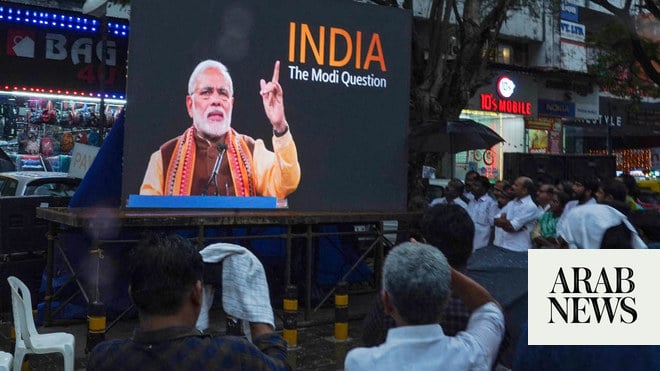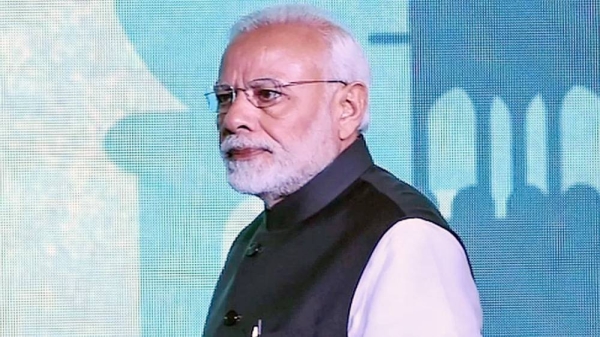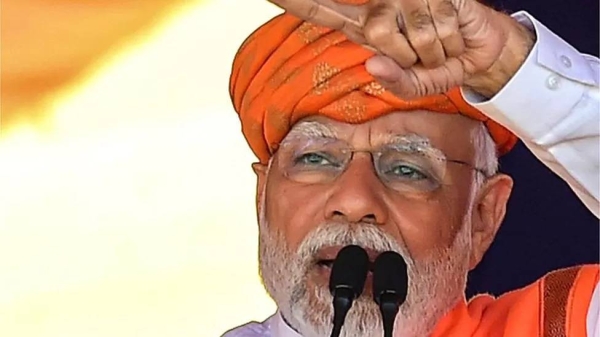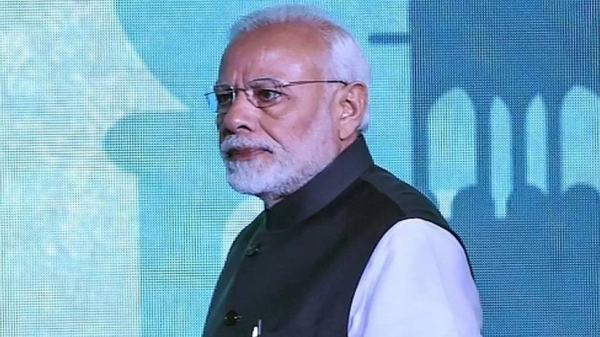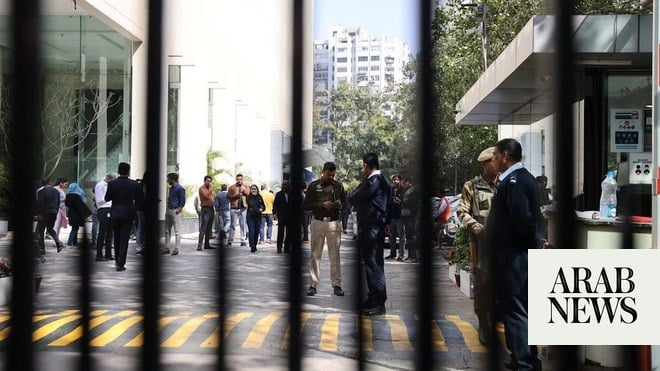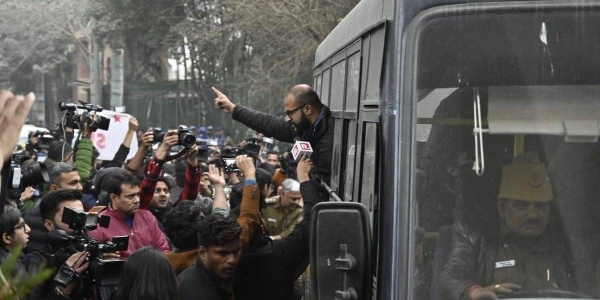
NEW DELHI — Screenings by Indian students of the BBC documentary on Prime Minister Narendra Modi’s involvement in the 2002 Gujarat riots – despite a ban from the government and pushback from universities – has made headlines across the world, according to the Wire.
The first episode of the BBC‘s documentary series India: The Modi Question holds the prime minister and his party responsible for the targeted violence against Muslims in 2002. It also cites a previously unreported UK government report which held Modi directly responsible.
The second episode of the two-part BBC series was released in London on Wednesday night and students in Indian universities, especially in Delhi, Kerala and Hyderabad, were planning to screen it on Thursday.
The Indian government ordered YouTube and Twitter to remove video links of the documentary, and university administrations in various universities have been denying students permission to screen the film and taking action against those who do. However, students have argued that the documentary showcases an important event in India’s history – particularly so because Modi is now the prime minister – and have defied these bans to screen it.
Thirteen students, detained for organizing a screening of the controversial BBC documentary at the Jamia Millia Islamia on Wednesday, have not been released by police yet, the Students Federation of India claimed.
There was no immediate response from the Delhi Police to the claim made by the Left-backed students body on Thursday.
The government had directed social media platforms to block links to the documentary titled "India: The Modi Question". The external affairs ministry has trashed the documentary as a "propaganda piece" that lacks objectivity and reflects a colonial mindset.
More than a dozen of students have been detained by the police while classes have been suspended on Wednesday.
The university administration, however, said no permission has been sought for the screening of the documentary and "we will not allow" it
At Jawaharlal Nehru University in Delhi on Tuesday, the administration allegedly cut off both the electricity and internet to stop the screening, and right-wing students allegedly pelted stones at those gathered to watch the documentary. However, the students went ahead with the screening anyway, watching the BBC’s documentary on their laptops and mobile phones.
Universities in Kerala and Hyderabad too have screened the documentary. The University of Hyderabad administration has ordered a probe into who organized the screening and how it took place.
This action against students – and their perseverance – has been covered by publications including the New York Times, NPR, CBS News, Washington Post, Al Jazeera, Fortune, South China Morning Post, Independent, NBC News, Slate and BBC itself.
“The film had already been banned, the social media posts censored. Now, the students huddled without light or electricity around glowing smartphones to watch what their government had deemed to be subversive foreign propaganda. China? No. They were in India, ostensibly the world’s largest democracy, and watching the BBC,” the Washington Post reported.
“All told, the remarkable steps taken by the government seemed to reinforce a central point of the BBC series: that the world’s largest democracy was sliding into authoritarianism under Modi, who rose to national power in 2014 and won reelection in 2019 on a Hindu nationalist platform,” the newspaper continued.
Fortune and NPR carried an Associated Press report that placed this particular ban in the context of the Indian government’s other recent actions: “Modi’s government has regularly pressured Twitter to restrict or ban content it deems critical of the prime minister or his party. Last year, it threatened to arrest Twitter staff in the country over their refusal to ban accounts run by critics after implementing sweeping new regulations for technology and social media companies.”
Slate talked about how censorship in Modi’s India had reached an “alarming new level”. “Modern-day Indian democracy has no compunction about mass censorship. Prime Minister Narendra Modi’s government has weakened the country’s once robust press, persecuting adversarial reporters and independent outlets. Though such hostility has become so pervasive as to become old news itself, the government’s latest attack on free speech and journalism has been greeted with widespread alarm — and for good reason,” the Slate article notes. — Agencie




